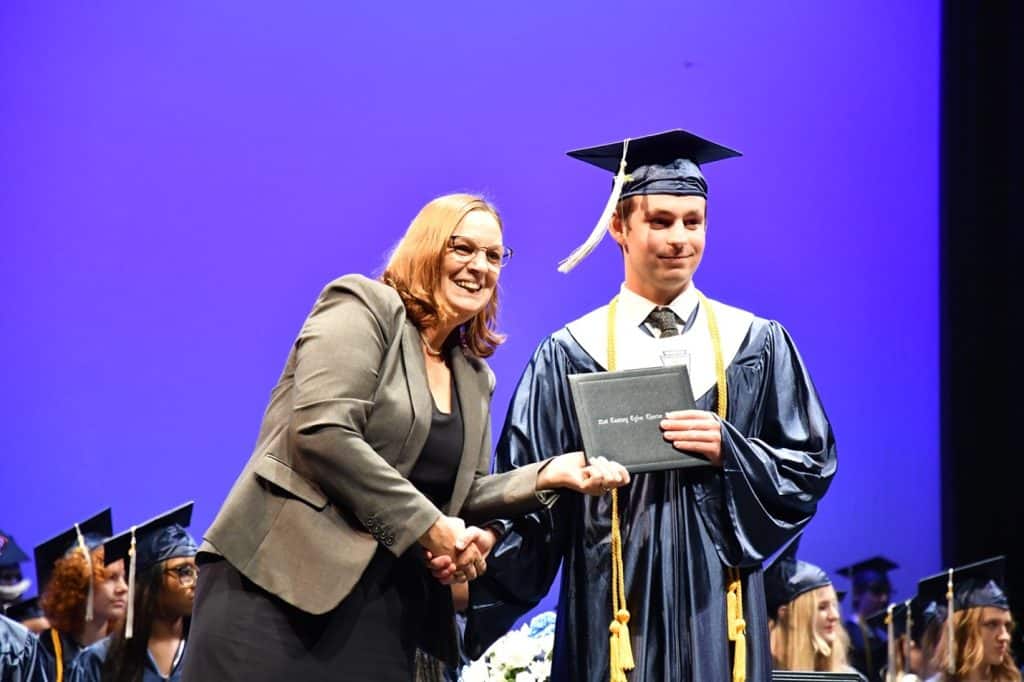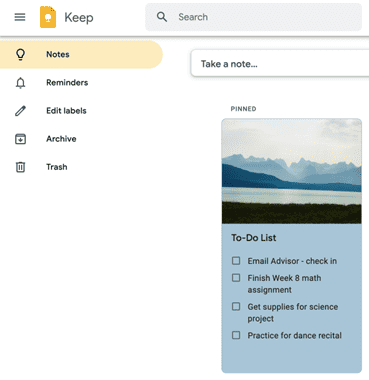
At 21st Century Cyber Charter School (21CCCS), graduation is always a special milestone – but this year’s celebrations carried even more weight. On June 5th in Murrysville and June 9th in West Chester, we proudly celebrated the achievements of the Class of 2025, a group of students whose journeys were anything but conventional and all the more inspiring because of it.
This year, a total of 203 students crossed the finish line, with 174 graduating in June and 29 early completers finishing their requirements in January. Each ceremony went beyond a simple formal recognition, it was a meaningful opportunity to celebrate the individual and collective growth these students achieved through virtual learning, personal challenges, and their daily dedication to shaping a successful future. This accomplishment further highlights why 21st Century Cyber Charter School remains one of the best charter schools in Philadelphia.
More Than a Ceremony
Graduation at a cyber school is unique in many ways. While students may not walk the same hallways daily, or share physical classrooms, the connections formed are strong, supportive, and deeply meaningful. Our students arrive here for many different reasons – seeking flexibility, personalized learning, safety, or a new beginning – and what they often find is a sense of belonging that transcends location.
This sense of connection was on full display during the ceremonies. Students, families, teachers, and staff gathered in person to celebrate a journey that, for most, unfolded almost entirely online. In their speeches, students expressed gratitude for the relationships they built, the confidence they gained, and the support they received from their teachers, families, and peers.

Student Speeches That Moved the Room
Four student speakers – Alivia, Emery, Jesica, and Alexis – delivered heartfelt messages that captured the spirit of this graduating class. Each story was personal, yet echoed a common thread: resilience, reflection, and the courage to grow.
Alivia described herself and her classmates as pieces of a mosaic, each one different yet essential to the whole. Her words reminded us that no matter the path or pace, every student’s experience contributes something beautiful to the larger story.
Emery shared how early nerves about virtual learning gave way to confidence, thanks to the attentiveness and genuine care of 21CCCS teachers. For Emery, the cyber school environment actually created more one-on-one learning opportunities than a traditional classroom ever had.
Jesica spoke about the challenges of self-discipline and motivation in an online setting but emphasized how those same challenges built the independence and resilience that will serve her for life. Her message resonated with other students who understood how effort, not just outcome, defines success.
Alexis reminded us that every challenge, whether it was a tough class, a loss of motivation, or feelings of isolation wasn’t an end point, but a beginning. Her words offered strength to those still on the journey.
A Message from Leadership
High School Principal Dr. Monica Frank urged students to reflect not only on what they achieved, but on who they’ve become along the way.
“Graduation is not just the end of high school – it’s the beginning of everything you’ve been preparing for,” Dr. Frank shared. “Your growth, your perseverance, and your inner strength are just as worthy of celebration as your academic success.”
Assistant Principal Melody Dunn helped open and close both ceremonies, offering a consistent reminder that behind every successful student stands a community of educators cheering them on.
CEO Dr. Matthew Flannery commended the Class of 2025 for their perseverance and collaboration. He acknowledged the unique hurdles this class faced and expressed confidence that they are prepared to thrive in their next chapter, wherever it may lead.
What Makes a Cyber Graduate Unique?
Graduating from a cyber charter school like 21CCCS requires more than completing coursework, it demands a high level of independence, time management, and adaptability. Students must learn to take initiative, ask for help when needed, and develop a sense of accountability that serves them beyond the classroom.
These are life skills. And as this year’s graduates head off to college, careers, military service, or personal pursuits, they carry with them not just a diploma, but a foundation built on resilience and self-reliance.
Looking to the Future
While we celebrate the Class of 2025, we also turn our eyes to the future. A new school year is around the corner, and with it, new students who will begin their own unique journey at 21CCCS. They’ll follow in the footsteps of a graduating class that showed what’s possible when individuals are empowered, supported, and trusted to take ownership of their education.
To our graduates: thank you for showing us what determination looks like. Thank you for your honesty, your creativity, and your strength. We are proud to have been part of your story and we can’t wait to see what you write next.
Congratulations, Class of 2025. Your future is already bright.






















